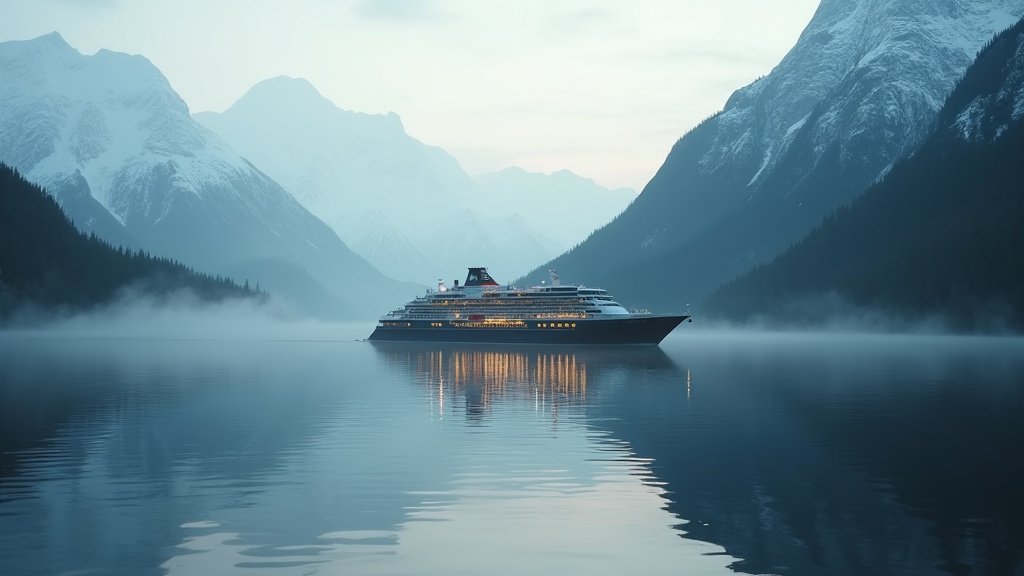DOHA – In a significant diplomatic development, Mossad chief David Barnea reportedly held a crucial meeting with the Qatari leader in Doha, the capital of the Gulf nation. Sources indicate the primary focus of these discussions was a potential hostage deal, signaling intense behind-the-scenes efforts to de-escalate tensions and secure the release of captives. The reported talks underscore Doha’s continuing role as a vital mediator in complex regional conflicts, where such delicate negotiations are trending topics.
Escalating Condemnation Over Israeli Settlement Expansion
These high-stakes talks unfold against a backdrop of escalating regional tensions. International condemnation has mounted following the recent approval by Israeli Finance Minister Bezalel Smotrich of over 3,000 housing units in the contentious E1 settlement project. This move has drawn sharp rebukes from key regional players, including Qatar and Egypt, who view such expansions as a significant impediment to peace and a violation of international law. The E1 project, strategically located between East Jerusalem and Ma’ale Adumim, is particularly sensitive due to its potential to fragment Palestinian territorial contiguity in the West Bank. The widespread condemnation highlights the deep chasm that continues to divide parties on the path to a lasting resolution, even as diplomatic efforts like the one in Doha seek to bridge divides.
Domestic Challenges and Humanitarian Concerns Emerge
Beyond the diplomatic and political fronts, both Israel and its neighbors grapple with pressing domestic and humanitarian challenges. The Israeli military has established a specialized team dedicated to assisting troops suffering from a record heat wave. The extreme weather conditions pose significant operational and health risks to personnel, necessitating urgent measures to ensure their well-being and maintain military readiness. This internal challenge adds another layer of complexity to an already strained environment.
Simultaneously, a leading Iranian human rights group has raised grave concerns about disappeared prisoners within the Islamic Republic. This ongoing humanitarian issue casts a shadow over the broader regional dynamics, pointing to systemic human rights challenges that often intersect with political stability and international relations. These domestic happenings, while distinct from the immediate geopolitical maneuvers, contribute to the intricate tapestry of issues impacting the Middle East.
Global Stage Prepares for Key Summit in Alaska
Further broadening the global perspective, attention is also fixed on an upcoming high-profile meeting between US President Donald Trump and Russian President Vladimir Putin in Alaska. This summit, expected to address a range of critical international issues from geopolitical flashpoints to strategic stability, underscores the interconnectedness of global affairs. The outcomes of such major power dialogues often reverberate across various regions, potentially influencing the diplomatic climate and power balances that impact areas like the Middle East.
As the world watches these unfolding events, from an exclusive meeting in Doha to a pivotal summit in Alaska, the multifaceted challenges facing international diplomacy become increasingly apparent. The blend of urgent humanitarian needs, enduring political disputes, and the constant push for peaceful resolutions defines the current global landscape. The reported discussions between the Mossad chief and the Qatari leader, alongside the broader spectrum of regional and global happenings, illustrate a period of intense diplomatic activity and shifting dynamics, all pointing to a complex future that demands continued engagement and strategic foresight from all parties involved.





